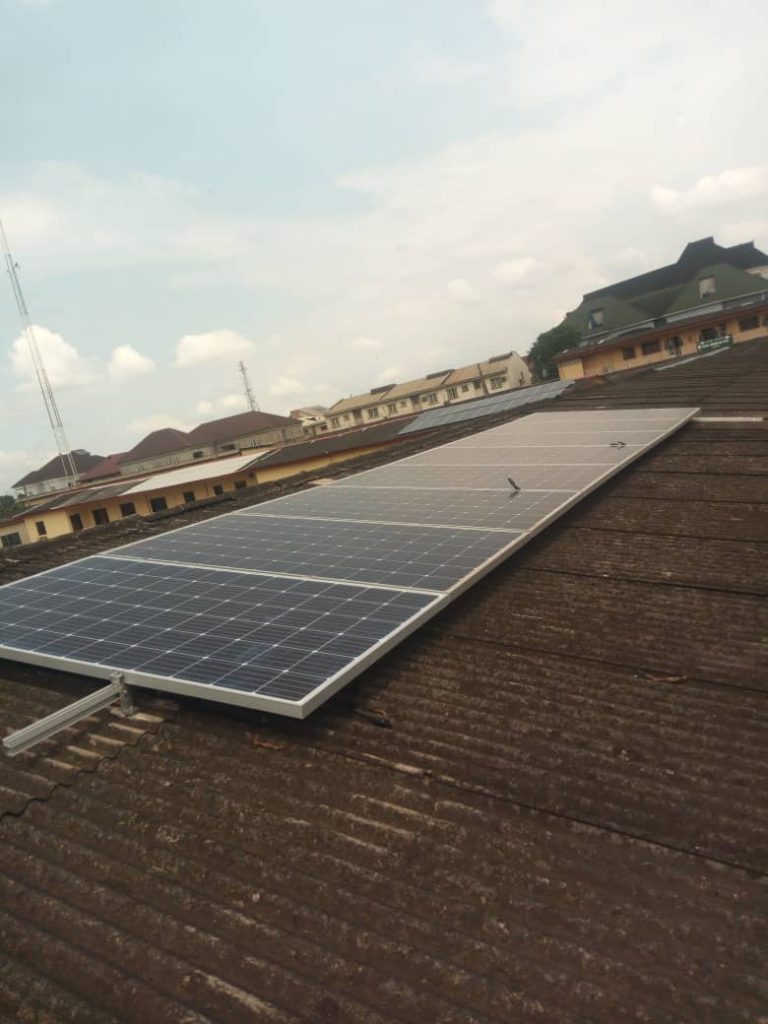The high increase in the number of panels installed yearly shows the vast opportunities and benefits of installing a solar panel in your home or business area.
Solar energy is the use of energy from the sun to produce energy. Although there are various behind the scene processes that occur before electricity is made available to power your appliances, solar energy remains a sure way to reduce pollution in the environment and save the planet.
Solar as with many other inventions has its myths and misconceptions. Everyone you meet has a say about solar. Some could be positive and others negative.
However, I have come to realize that the opinion of people influences our purchasing decision and that is the reason I have put together this article to address some of the myths you are likely to hear about solar.
Here are 6 common misconceptions you will probably hear as you interact with people about solar.
Common misconceptions about solar
1. Solar panels will harm the roof
This is one common misconception. People often think that the presence of a solar panel on their roof will harm their roof.
Some also think that the installation of solar panels on the roof will mean breaking the roof. Both of these thoughts are wrong.
Solar panels do not harm your roof rather, they enhance the durability of your roof by shielding it from harsh weather conditions, dust, dirt bird droppings, and other things that could make the roof deteriorate.
Also, the installation of solar panels on the roof does not require breaking the roof. Solar panels are easy to install and as a bonus, the part of the building where the rooftop solar is installed remains cool even in hot weather conditions.
2. Inverters get hot, catch fire and burn down houses
Yes, inverters could catch fire. However, such incidence is rare as solar experts ensure they install the right type of inverter which could withstand, deliver and function properly.
Not all inverters are created equally. There are different varieties of inverters. It is, therefore, the duty of your solar installer to source the best inverter for your home or business place.
Are you having issues locating a trusted solar expert?
Contact us to help.
3. Solar panels do not work in cloudy weather condition
Many believe that solar panels do not work in cloudy weather and that is not true. Solar panels do work even on cloudy days. The only hindrance is that they do not perform well on cloudy days as compared to sunny days.
One thing you should know is that solar does not need heat to generate electricity. All it needs is light from the sun. So, even on cloudy days, your solar panel is estimated to generate about 10-25%of its normal power output.
4.Solar is expensive
While this is true, it is also exciting that you know how the price of solar power is rapidly decreasing. Solar panels are cheaper now when compared to when they were first invented.
The price of solar power has rapidly decreased over the years. One more thing to know, with the installation of solar panels, you get to save money and this is a high return on investment.
5.Solar panels do not work at night
The essence of installing a battery is to make electricity available to you when needed even at night. The batteries effectively harness energy from the sun during the day to be used at night to power your devices. So, you do not need to fear.
6. Maintenance is not feasible
Maintaining your solar panels and batteries is now an easy thing to do which is less stressful and impactful.
All you need to do is contact your solar installer and discuss how often the panels and batteries should be maintained. It could be twice or thrice a year depending on you and your installer.
How we can help
We are a solar energy expert with over a decade of experience in the industry.
Deciding to go solar is of tremendous benefit. We are here to guide you through every stage. Contact us here.
